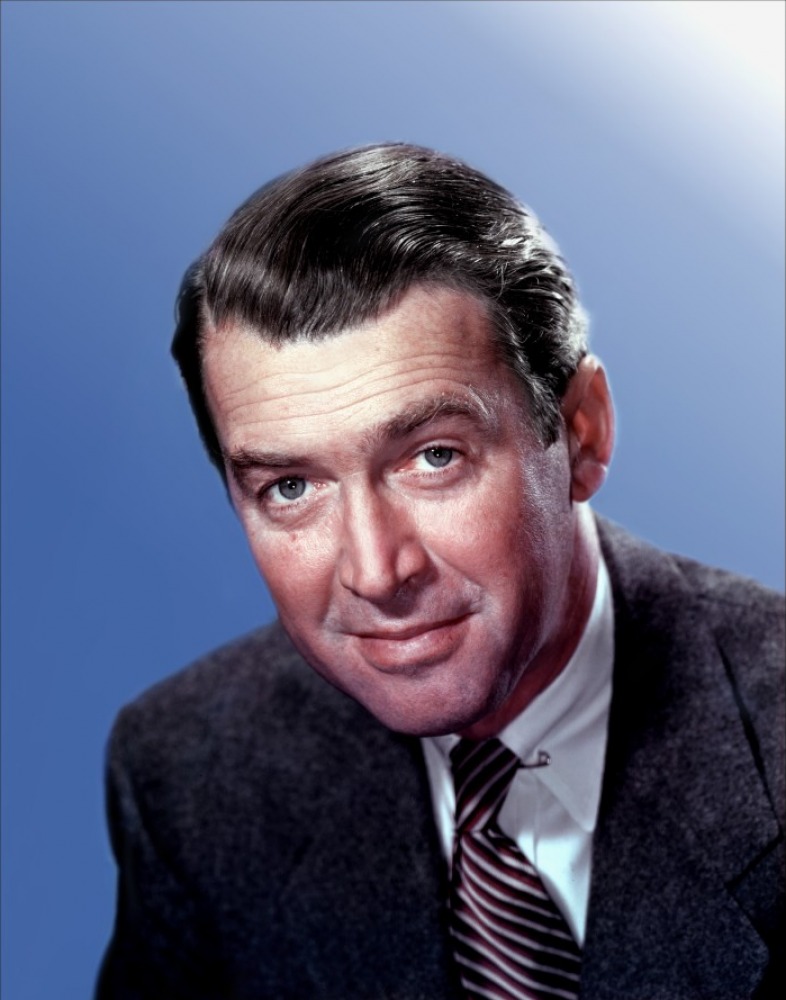James Stewart, a legendary figure in the world of cinema, has captivated audiences for decades with his extraordinary talent and charm. As we delve into the details of his life, particularly focusing on his age and the timeline of his illustrious career, we will uncover the milestones that defined him as an actor. Stewart's age is not just a number; it symbolizes his vast experience and the legacy he left behind in Hollywood.
The life of James Stewart is a fascinating narrative filled with remarkable achievements in the film industry. Born on May 20, 1908, he became an iconic figure, starring in numerous classic films that shaped the landscape of American cinema. His age during the peak of his career played a significant role in the profound impact he had on his audience and the film industry as a whole.
In this article, we will explore the various aspects of James Stewart's life, including his age during key moments in his career, his contributions to film, and the legacy he left behind. This comprehensive overview will not only celebrate his life but also provide insights into how his age influenced his work and public perception.
Table of Contents
- Biography of James Stewart
- Personal Data and Biodata
- Early Life and Career
- Career Highlights
- Personal Life
- Awards and Honors
- Impact on Film and Culture
- Conclusion
Biography of James Stewart
James Stewart was born in Indiana, Pennsylvania, to a family deeply rooted in the community. His father, Alexander Stewart, owned a hardware store, and his mother, Elizabeth Ruth Stewart, was a homemaker. Stewart displayed an early interest in performing arts, participating in local theater productions during his high school years. His passion for acting eventually led him to pursue a degree in architecture at Princeton University, where he also continued to work in theater.
Personal Data and Biodata
| Full Name | James Maitland Stewart |
|---|---|
| Date of Birth | May 20, 1908 |
| Place of Birth | Indiana, Pennsylvania, USA |
| Date of Death | July 2, 1997 |
| Occupation | Actor, Director |
| Years Active | 1928–1991 |
| Spouse | Gloria Stewart (1949–1994) |
Early Life and Career
Stewart's early life was marked by academic success and a burgeoning interest in performing. After graduating from Princeton, he joined the Army Air Corps during World War II, where he served as a pilot. This experience would later influence his roles in films that depicted themes of bravery and heroism.
Upon returning to civilian life, Stewart's acting career took off. He initially struggled to find his niche in Hollywood but soon became known for his distinctive voice and relatable persona. His first major success came with the film "The Shop Around the Corner" (1940), which showcased his talent and laid the groundwork for his future hits.
Career Highlights
James Stewart's filmography is extensive and includes iconic films such as:
- "It's a Wonderful Life" (1946)
- "Rear Window" (1954)
- "Vertigo" (1958)
- "Mr. Smith Goes to Washington" (1939)
- "Anatomy of a Murder" (1959)
His ability to portray vulnerability and strength made him a beloved figure in Hollywood. Notably, Stewart's age during these films allowed him to bring a depth of experience to his characters, resonating with audiences across generations.
Personal Life
Stewart married Gloria Hatrick McLean in 1949, and they had two daughters together. The couple faced challenges, including the loss of their son, which deeply affected them. Despite the hardships, Stewart maintained a strong family bond and often prioritized his personal life over his career.
Awards and Honors
Throughout his career, Stewart received numerous accolades, including:
- Academy Award for Best Actor for "The Philadelphia Story" (1940)
- Honorary Academy Award in 1985
- Golden Globe Awards
- BAFTA Awards
His contributions to film were recognized globally, cementing his status as one of the greatest actors in cinematic history.
Impact on Film and Culture
James Stewart's legacy goes beyond his impressive filmography. He influenced a generation of actors and filmmakers, shaping the way stories are told in cinema. His portrayal of the "everyman" resonated with audiences, making him a relatable figure. The themes of hope, perseverance, and morality found in his films continue to inspire new generations.
Conclusion
In summary, James Stewart's age and the experiences he gathered throughout his life greatly influenced his career and the impact he had on cinema. His journey from a small-town boy to a Hollywood icon is a testament to his talent and resilience. As we reflect on his life, it's essential to appreciate the timeless lessons his films impart and the joy they continue to bring to audiences worldwide.
We invite you to share your thoughts on James Stewart's legacy in the comments below. Feel free to explore more articles on our site to learn about other influential figures in film history.
Thank you for reading! We hope to see you back for more engaging content and insights.
Article Recommendations


